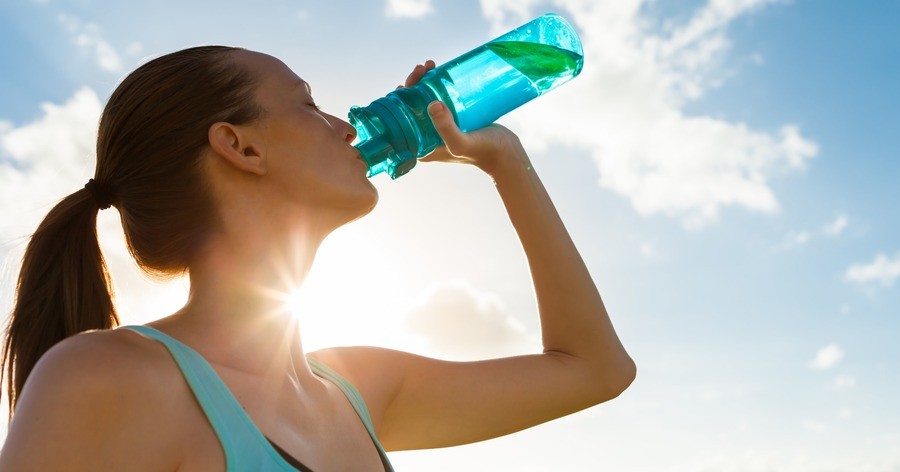
You cannot go wrong with your morning coffee, tea, or energy drink preference. It will leave you feeling groggy and drained. Experts do not recommend that you continue to consume energy drinks until your morning grogginess subsides. Adults should limit their intake to one energy drink per day. Children should avoid them altogether.
Energy Drinks: The downsides
Energy drinks can boost an athlete’s performance and cognitive function for up six hours. They also give you an extra energy boost. Are the health benefits of energy drinks worth the risk? Energy drinks can cause serious cardiovascular problems. They also lead to ongoing insomnia. The destructive cycle of energy drinks is created. Energy drinks that wake you up can make it difficult to fall asleep at night. This leads to morning grogginess and the need to drink another energy drink. Sugar in energy drinks can also make you a habit.
Caffeine Overdose
Although caffeine found in coffee and tea is not harmful to your health, energy drinks can contain as much as 80-150 mg of caffeine per eight ounces. Energy drinks are not typically available in small 8-ounce portions. Most energy drinks come in 16-24 ounce cans. It means that one bottle can contain up to 450 mg of caffeine. Experts recommend that adults limit their caffeine intake to 200 mg per day, but people who have a greater tolerance for caffeine might be able get away with 400 mg.
High Blood Pressure and Stress
A single can of energy drinks can contain more caffeine than you need, so even one bottle can raise your blood pressure and increase your risk for cardiovascular disease. Research suggests that a higher blood pressure can increase the risk of developing cardiovascular problems in healthy adults. This may explain why energy drinks and heart disease are often linked.
Increase chance for type 2 diabetes
Energy drinks contain 21-24 grams of sugar, which. It is also not natural sugars. Even though the energy drinks are not artificially sweetened, adults should limit their intake to between 24 and 36 grams per day. If you consume more sugar than you need in one drink, you can end up with added sugars that could cause harm to your body. While caffeine is the main ingredient in energy drinks, it is often combined with tons other ingredients for flavor, preservatives and energy. These drinks are most commonly consumed by men aged 18 to 34.1. In 2020, global energy drink sales reached $57.4 million.



